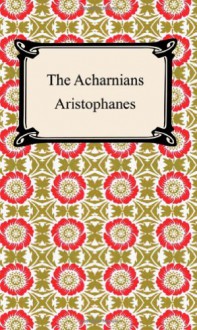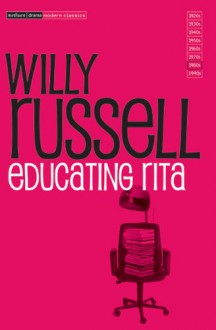
This is another of Brecht’s short plays that he referred to as Lehrstucke, or more precisely morality the plays, though this one is a little longer than the other three in the book. Anyway the play is about an unnamed merchant who is wandering across the desert to look at selling some oil that he has discovered. However he becomes lost and it appears that the water is running out. His guide, or more precisely the Coolie, had been given some extra water but decides to let the Merchant have some because if he survives and the merchant dies (or at least comes back a lot weaker than when he left) then the Coolie believes (quite correctly mind you) that he is going to get into serious trouble. However the Merchant is hallucinating at this time, believes that the Coolie actually has a rock, and then proceeds to shoot him.
Long story short, the merchant makes it back to civilisation and finds himself in court having to answer charges of murder, and also a suit that has been brought against him by the Coolie’s wife. The thing is that while we know what went on, the judge is only going by the evidence that has been brought before him, and the evidence is coming from two different avenues – the Innkeeper, who supports the merchant, and the Guide, who supports the murdered Coolie. Okay, we also have the Merchant, but the Merchant is always going to be a biased witness.
However, the problem is that I can’t say all that much more without basically giving away the end of the play (which would be a real bummer for somebody who actually wants to read it), but the thing is that based on the outline that I have given you, you can probably work this out anyway, particularly since Brecht is a communist. Mind you, I can sort of see this at work in our world anyway, especially if you happen to be rich and powerful. There are stories of newspaper moguls here in Australia committing outrageous acts of contempt of court (and parliament), yet getting away with it scot free. In a way this the what the title of the play is about – there are the exceptions and there are the rules.
What Brecht is getting at here is that while we may have a rule of law, there are always going to be exceptions to these rules, and the events in this play are clear in that regard. Well, it’s not so much an exception but rather a rule for one person, and a rule for everybody else. When the Merchant says that he was suffering from heat stroke, hallucinating, and acted irrationally because he was hallucinating, then it is accepted. However the Coolie is correct when he decides to be generous with his water because if he isn’t, and the merchant dies, then he is going to be brought to account. However the exception in the eyes of the judge is that the Coolie acted against his character by being generous – what is expected is that when the merchant is weak then the Coolie will take advantage of him, therefore the Merchant was well within his rights to act in self defence.
This brings me to the question of white privilege; or more particularly white male privilege. While there is a huge debate raging as to whether it exists or not, from my experience it does and the reason I say that is by looking at where I am. I am currently gainfully employed, have a university degree, and live a comfortable existence where I want for little, however if I was not white then it is unlikely that I would be in the same position that I am in now. However the catch is that in our society, at least in Australia, it isn’t so much a question of white privilege – if you are Southern European, Indian, or Asian, then no doubt you will be afforded the same privileges that I am. Sure, there are some extreme racists out there that will target people who are not white, but in general as long as you are not an indigenous Australian then you will pretty much be okay.
Yet there is also a question of money – somebody who grew up in one of the lower class suburbs in Australia is less likely to have the same opportunities than those who grew up in the more affluent suburbs. In fact I knew people that would specifically move into a suburb so that their children could go to a specific public school. Therefore I don’t necessarily believe that it is always a case of white privilege, until you realise that the proportion of Aboriginals in goal far outweighs those of the others. In fact it is more likely than not that indigenous Australians are going to find themselves living in areas where the socio-economic situation is much lower – and don’t even think that you are going to have an easy time getting a rental property in the upper class suburbs if you happen to be aboriginal – it is hard enough for middle class people to get rental properties.
What Brecht is on about is that there is human nature, and there are the exceptions to human nature. This comes about through racism, even if the person making the stereotype doesn’t come across as racist. It could be considered a form of racial profiling – such as indigenous Australians (and Americans) are nothing more than alcoholics that are so desperate that they will resort to drinking methylated spirits. In a way it is similar with Afro-Americans who are generally viewed as violent criminals. This is what Brecht is challenging us with here – the idea that we will categorise somebody of a certain race, and certain class, into a certain mould and will not let them break out of it.

 Log in with Facebook
Log in with Facebook 








